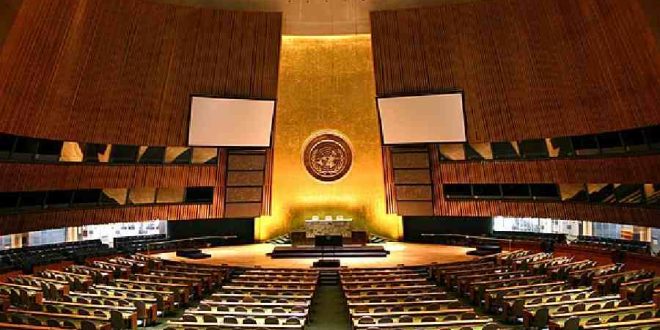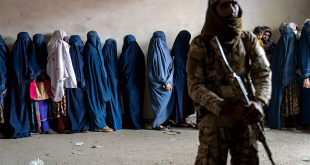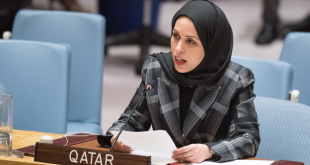KABUL — India has abstained from voting on a United Nations General Assembly (UNGA) resolution condemning the Taliban’s “grave, worsening, widespread and systematic” repression of women and girls in Afghanistan. The resolution, titled “The situation in Afghanistan”, was introduced by Germany and adopted with 116 votes in favor, 12 abstentions, and two votes against — from the United States and Israel.
Among those abstaining were India, China, and ten other countries. India’s Permanent Representative to the UN, Parvathaneni Harish, explained the abstention by expressing dissatisfaction with the current global approach to Afghanistan, stating that a “business as usual” policy without targeted interventions would not effectively address terrorism threats emanating from the country.
India emphasized the importance of a more focused and strategic framework to tackle terrorism and prevent the misuse of Afghan territory by extremist groups. “Al Qaeda and their affiliates, ISIL and their affiliates, including Lashkar-e-Taiba and Jaish-e-Mohammed, along with their regional sponsors, should no longer be allowed to exploit Afghan soil for terrorist activities,” Harish told the Assembly during the explanation of India’s vote.
While the resolution calls on the Taliban to uphold human rights, comply with international obligations, and take decisive action against terrorism, India underscored the necessity of realistic and impactful measures rather than symbolic gestures. It also highlighted the importance of continued engagement with all stakeholders and reaffirmed its “long-standing and special friendship” with the Afghan people.
India’s abstention also comes amid growing diplomatic engagement with the Taliban authorities in Kabul. External Affairs Minister S. Jaishankar recently held discussions with the Taliban-appointed acting foreign minister, signaling an evolving strategy that balances counterterrorism concerns with regional stability and humanitarian priorities.
Interestingly, Pakistan voted in favor of the resolution, despite its often strained ties with the Taliban. This move further highlights the shifting geopolitical dynamics in South and Central Asia regarding engagement with Afghanistan’s de facto rulers.
The UNGA resolution was passed in the context of a deepening humanitarian crisis in Afghanistan, mass return of refugees, and ongoing international alarm over the Taliban’s rollback of women’s rights and political freedoms. The resolution urges the Taliban to reverse its discriminatory policies, ensure inclusive governance, and uphold international law.
India’s stance reflects a nuanced policy that seeks to maintain regional security, counter terrorism, and safeguard its strategic interests without endorsing the Taliban regime’s domestic actions.
 Afghanistan Times
Afghanistan Times



